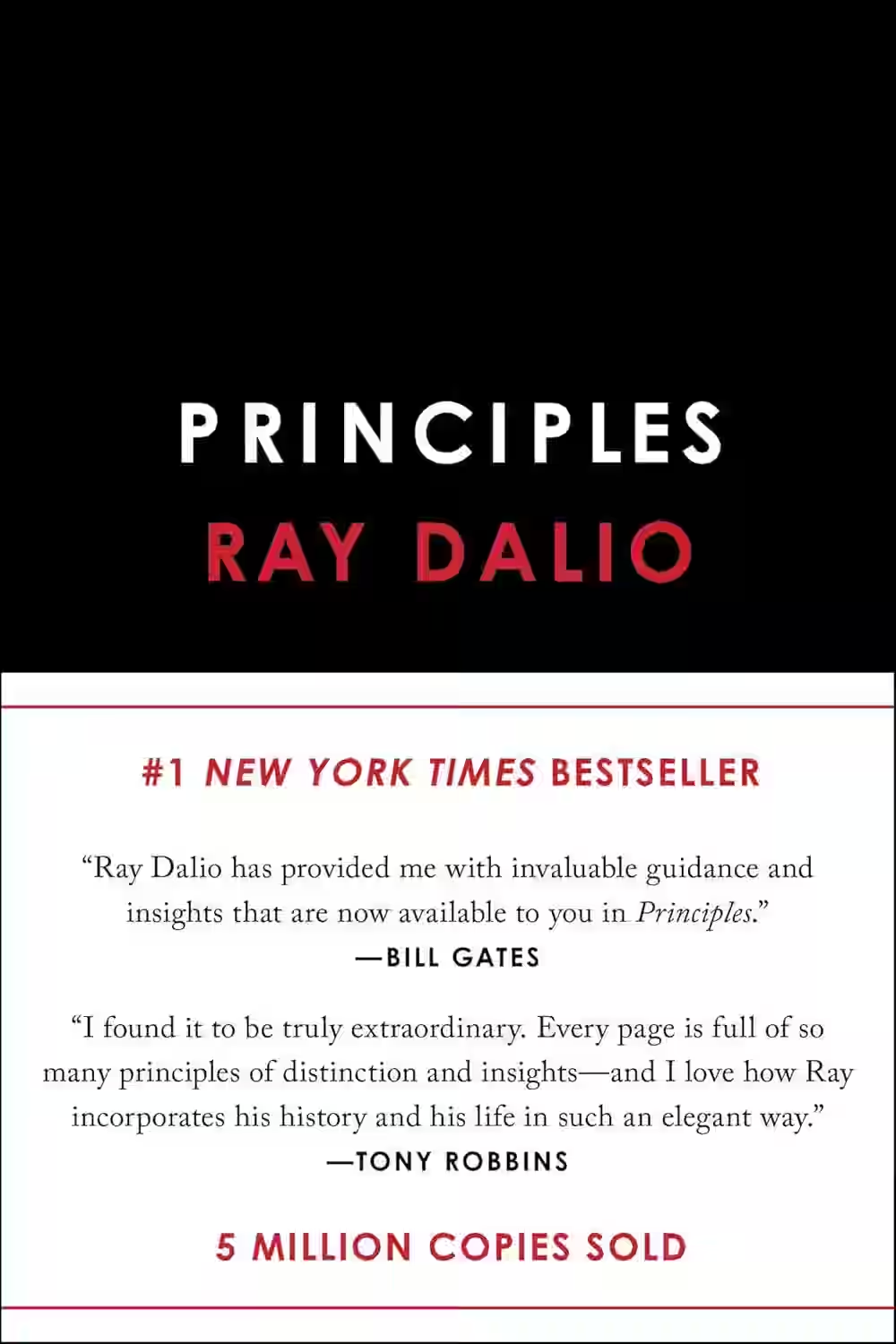
In Principles, billionaire investor Ray Dalio shares the core life and work principles that guided him in building Bridgewater Associates into one of the world’s largest hedge funds. The book is split into three sections: a personal journey, life principles, and work principles. Dalio emphasizes radical transparency, meritocracy, and continuous learning. He advocates for clear decision-making frameworks and a systematic approach to solving problems. Combining autobiography, management philosophy, and practical advice, Principles serves as a handbook for both personal growth and organizational excellence. It's especially relevant for leaders, investors, and anyone seeking to improve decision-making through reflection and structure.
About Ray Dalio
Ray Dalio is an American investor, hedge fund manager, and founder of Bridgewater Associates, one of the world’s largest and most influential investment firms. Known for his data-driven and principles-based approach to decision-making, Dalio published Principles, a best-selling book outlining his philosophy on life, management, and investing. He champions radical transparency, meritocracy, and continuous improvement in both personal and organizational settings. Dalio has also written on macroeconomic trends and global systems. His blend of analytical thinking and introspection has earned him respect as a thought leader in finance, leadership, and personal growth.
Similar Books
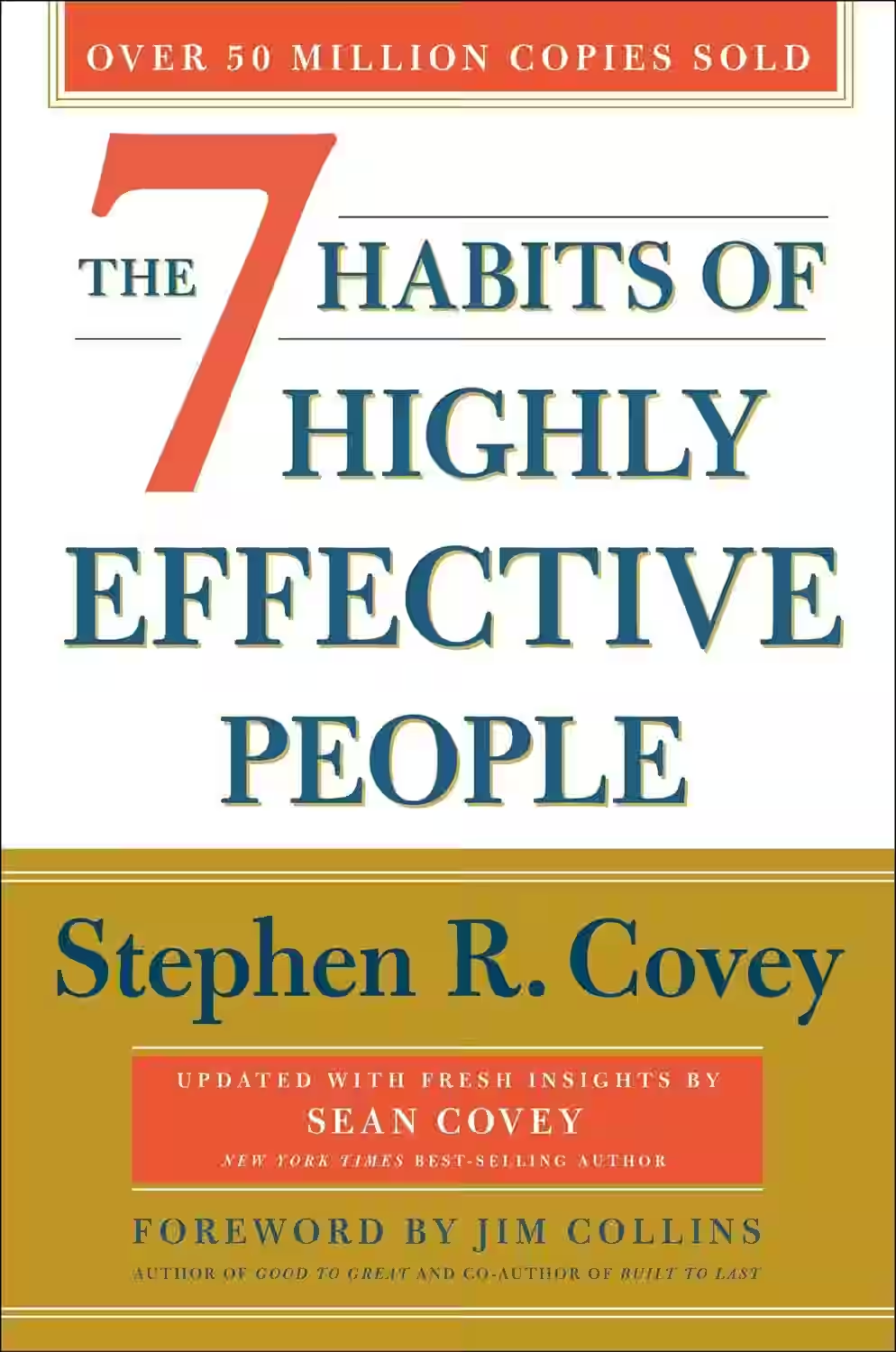
The 7 Habits of Highly Effective People
Stephen R. Covey’s The 7 Habits of Highly Effective People is a foundational personal development guide focused on character ethics. It introduces a framework of habits that foster personal and professional success—beginning with self-mastery and expanding to effective collaboration with others. Core habits include being proactive, beginning with the end in mind, and seeking win-win solutions. Covey emphasizes long-term growth through principles of integrity, responsibility, and continuous improvement. Widely adopted in leadership training and self-help circles, it remains a bestselling manual for living with purpose and intention.
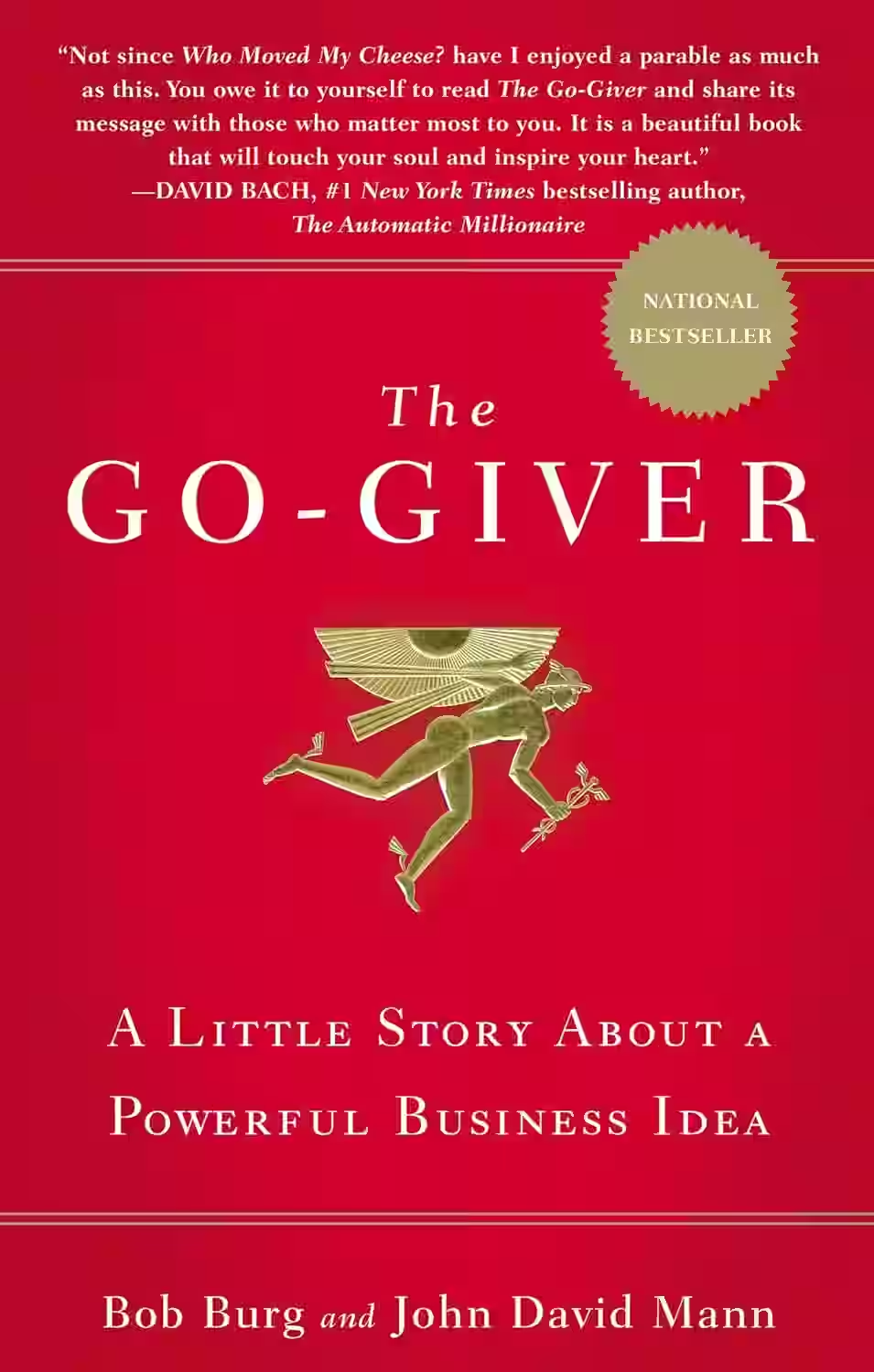
The Go-Giver
In 'The Go-Giver,' Bob Burg weaves a compelling narrative that challenges traditional notions of success and business. The story follows a young, ambitious professional named Joe who discovers the secrets of genuine success through the mentorship of a wise businessman named Pindar. Through a series of encounters with influential individuals who embody the five laws of stratospheric success, Joe learns valuable lessons about the power of giving, receptivity, authenticity, and more. This book is a powerful and inspiring read that explores the profound impact of putting others' interests first and fostering meaningful connections in both personal and professional endeavors.
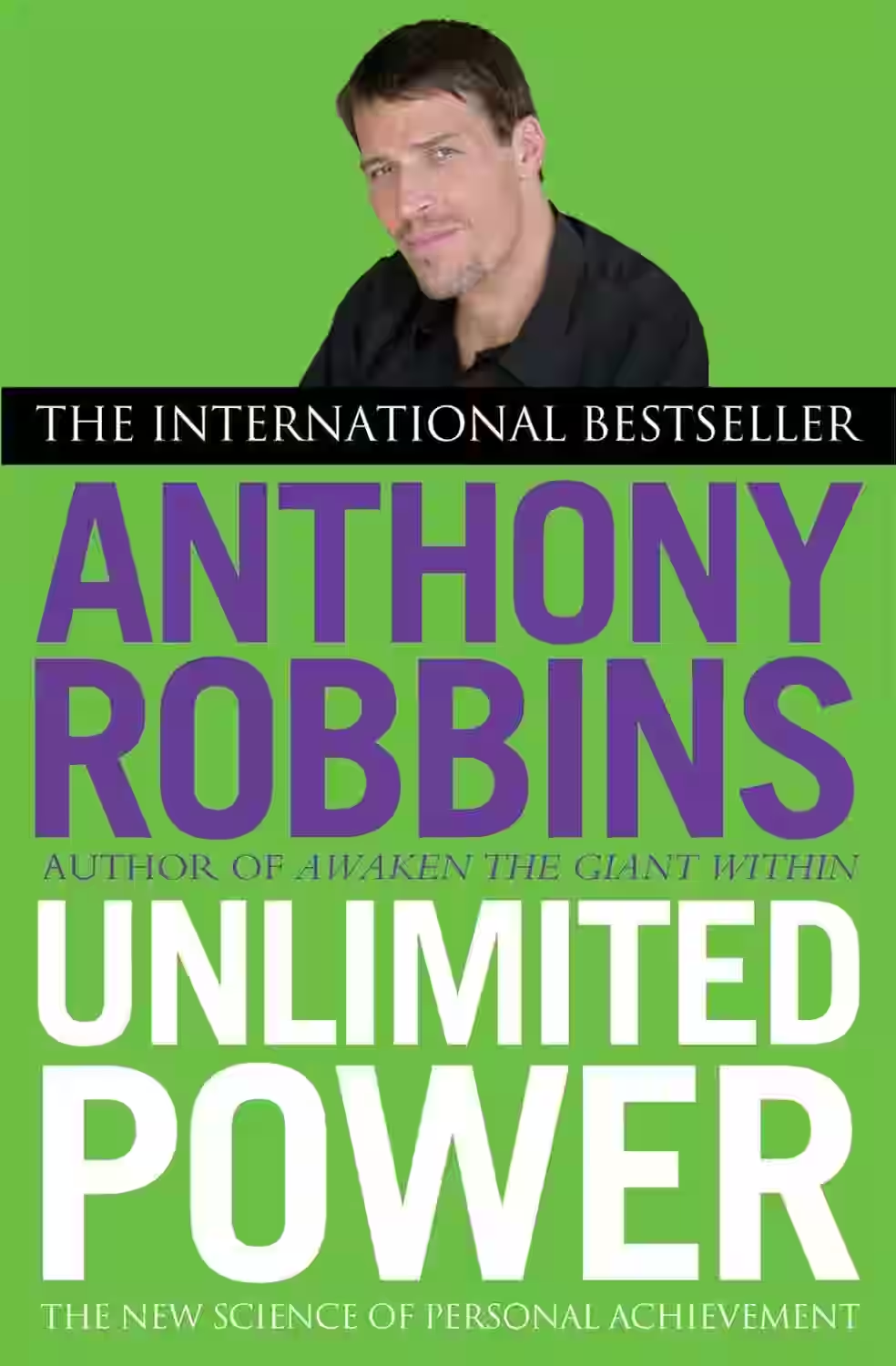
Unlimited Power
In 'Unlimited Power,' Anthony Robbins delves into the realms of personal development and peak performance, offering readers a blueprint for achieving success in various aspects of life. Robbins explores the power of mindset, belief systems, and neuro-linguistic programming (NLP) techniques to empower individuals to take control of their lives and unlock their full potential. Through practical strategies and real-life examples, he guides readers on a transformative journey towards mastering their psychology, communication skills, and overall well-being. With a compelling narrative and insightful teachings, 'Unlimited Power' serves as a motivational beacon for those seeking to harness their inner strength and achieve extraordinary results.
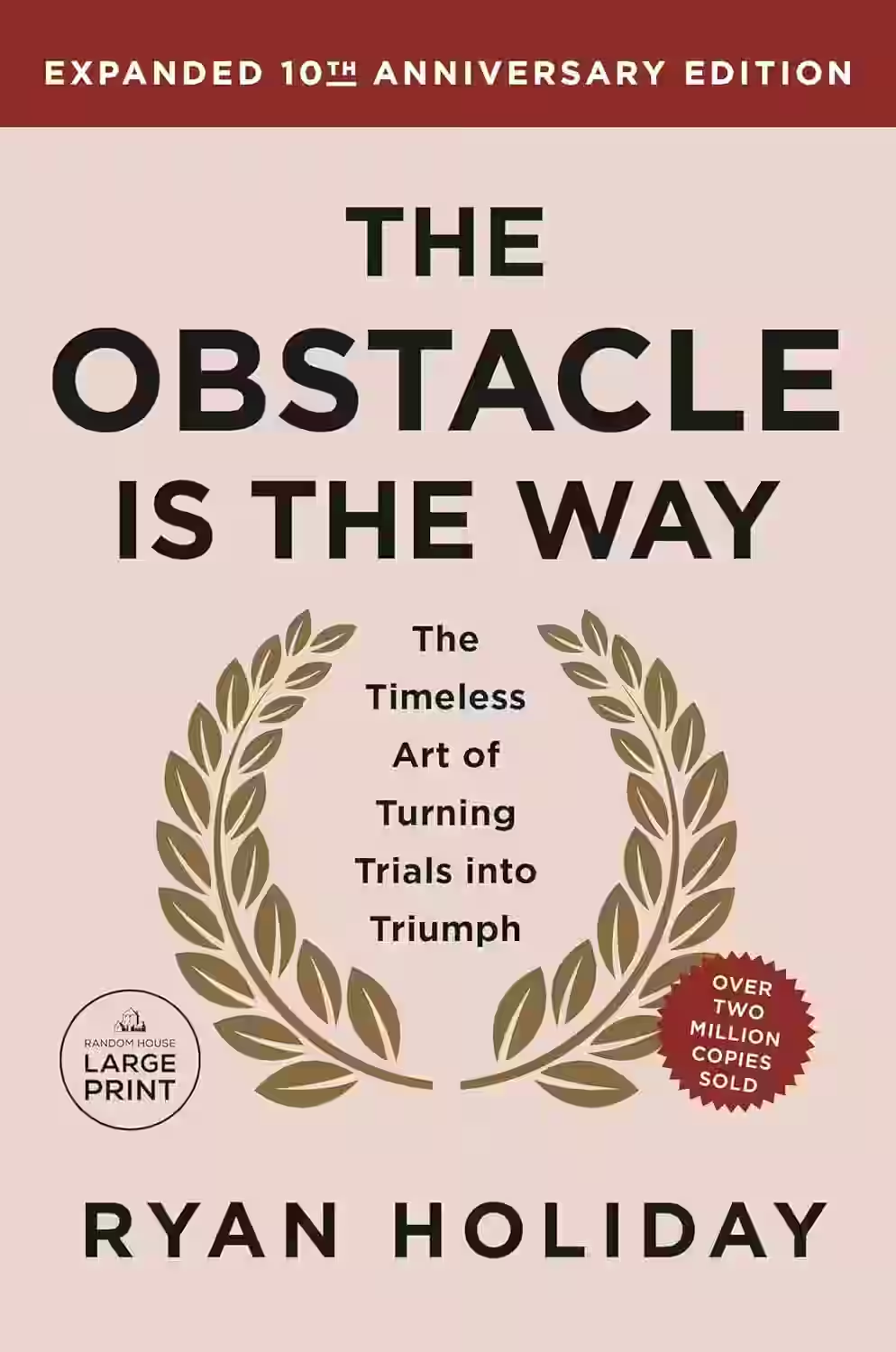
The Obstacle Is the Way
by Ryan Holiday
Based on the principles of Stoic philosophy, The Obstacle Is the Way teaches readers to transform adversity into advantage. Drawing from historical examples—from Marcus Aurelius to modern leaders—Holiday outlines a framework of perception, action, and will. His central idea: challenges are not obstacles to success, but the path itself. Through discipline, patience, and perspective, setbacks become fuel for growth. Written in a clear, concise style, the book is both motivational and practical. It has gained a wide following among athletes, entrepreneurs, and creatives seeking mental resilience and focus in the face of hardship.